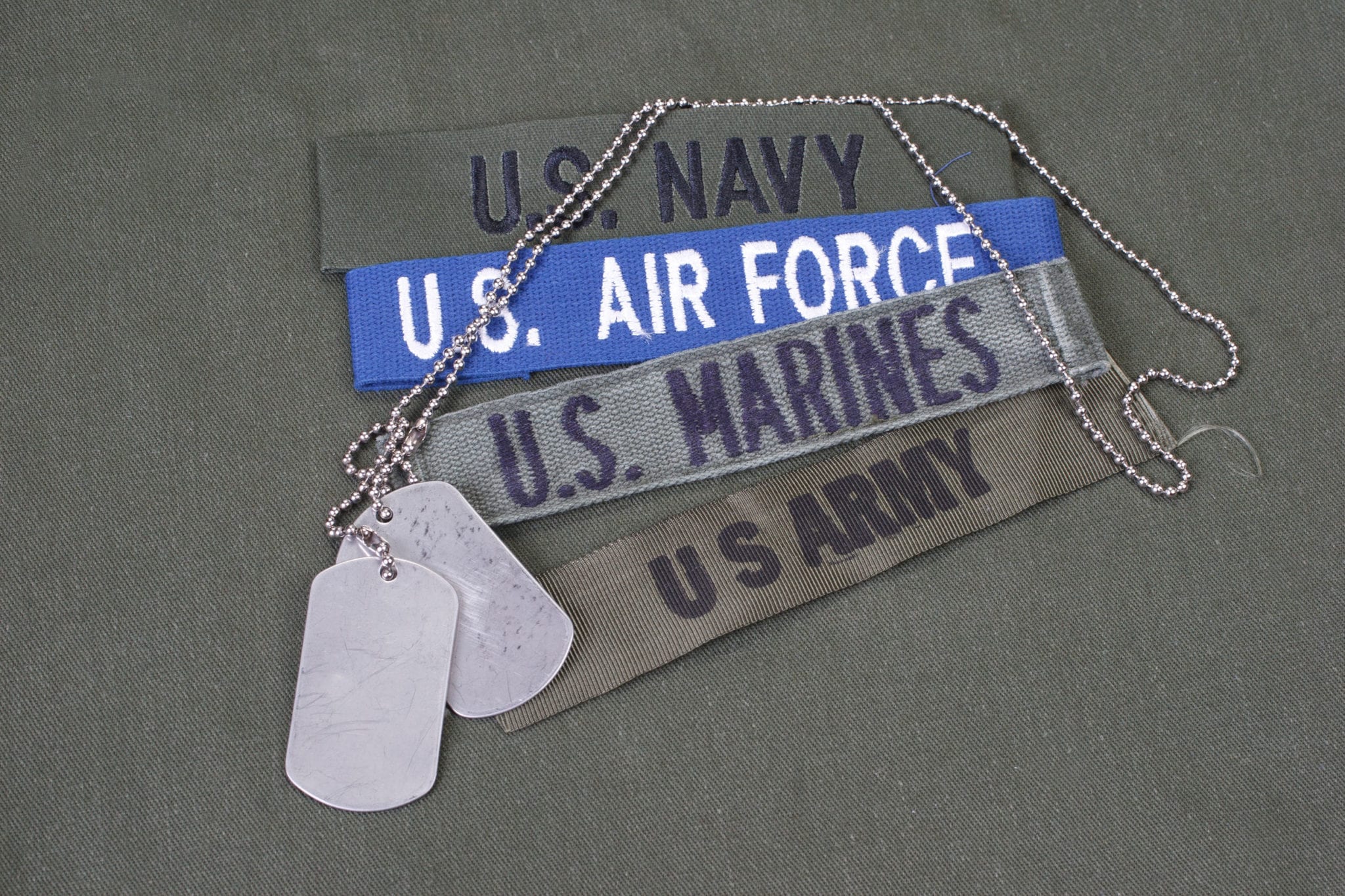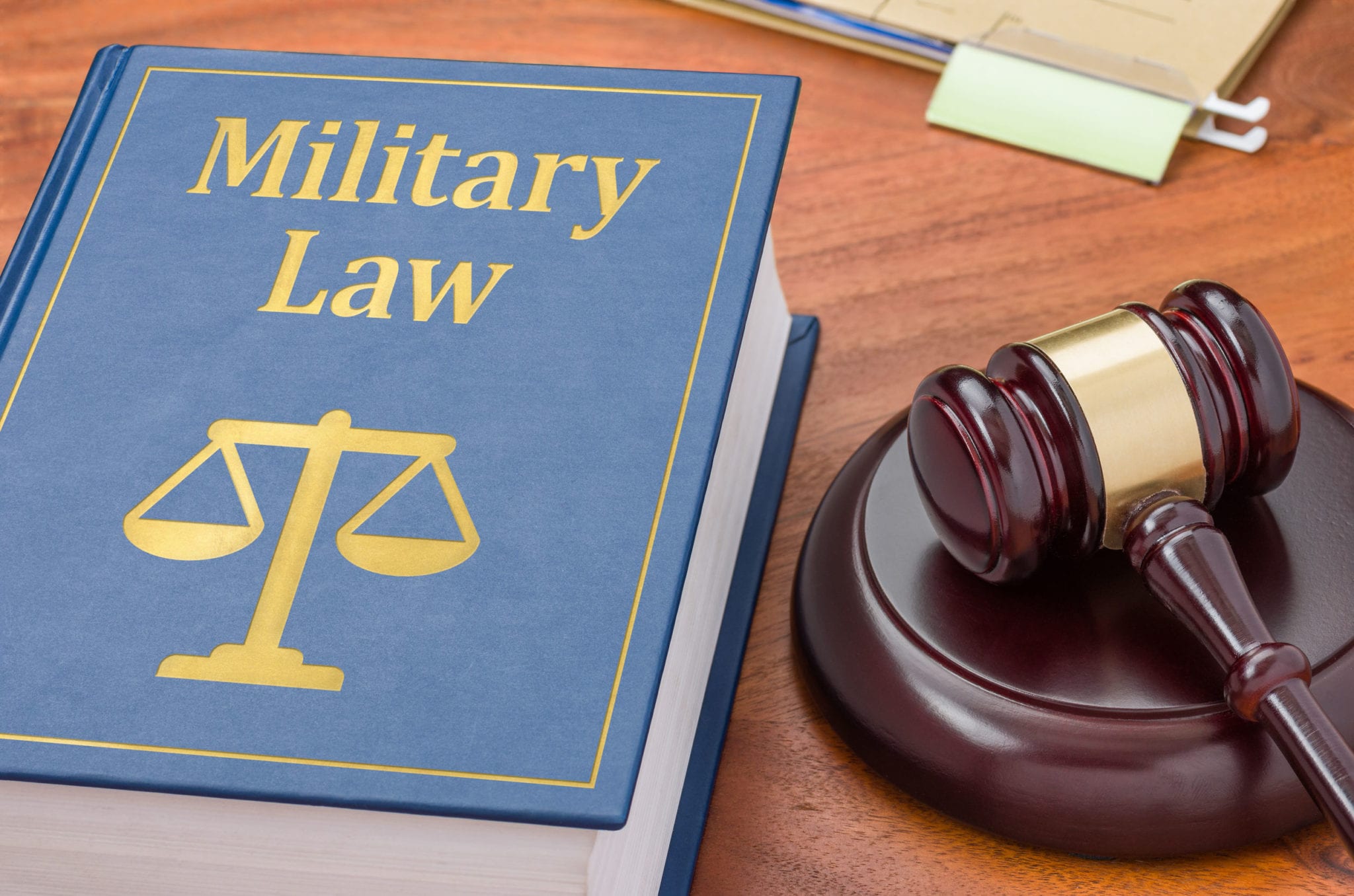
It’s been nearly a year since the legislation was passed which updated the Uniform Code of Military Justice to include language to separate crimes of domestic violence under laws referencing assault by military personnel.
Simply put, the purpose of the changes was to prohibit those military personnel (or former servicemen and women) who commit domestic violence crimes from legally purchasing firearms.
A prime example in helping to incite this change – a former airman gunned down 26 people at a Texas church in early November of 2017. Although the charges are unrelated, the gunman had previously been discharged from the military after being convicted through the Military Justice System of assaulting his wife and child.
Civilian authorities, however, were not notified of these crimes as domestic violence.
It was an incredibly costly loophole, and the hope is that closing it will prevent something like this from happening again.
How exactly does the change work, and what will the repercussions be?
Reclassification of Domestic Violence Crimes in the UCMJ
The actual change was a matter of classifying domestic crimes separately from other assault charges and convictions through each of two military systems that have already been in place for years: The Family Advocacy Program, which offers counseling and support, and The Military Justice System, which oversees military criminal law.
The tragedy in Texas was one of many, which ultimately lead to thousands of names being added to the list of former service members ineligible to purchase guns for similar convictions after the reclassification.
Military officials have always had severe penalties for domestic violence crimes – jail time, even discharge from the military altogether – but without differentiating them from other assault charges, which lead to a disconnect between the military and civilian criminal court system.
Impacts Beyond Minnesota Gun Possession and Ownership
From the perspective of military life, servicemen and women won’t really be impacted at all by this change, since there aren’t currently any changes to the way domestic violence is handled on base. However, once they return to civilian life, there are a number of ways the law will make things harder for them.
More than ever before, if you are facing domestic violence charges after military life, you are going to want an attorney who understands the consequences for military service members facing criminal charges.
Besides becoming ineligible to own or possess a firearm, convicted servicemen and women who become repeat offenders will now possibly face harsher penalties, as their record becomes more accurately reported. Depending on the specific charges under the domestic violence umbrella, they may possibly even be required to register as sex offenders in their communities.
The official changes to language regarding cases of both domestic violence and sexual assault close what has previously been an effective loophole. With the effects of automatic reporting as domestic violence on gun ownership eligibility and criminal history, a process which used to work almost like, simply won’t be managed the same way going forward.

Military law is separate from the laws that govern the civilian world, and there are lots of good reasons for that. However, the previous loophole in these types of cases effectively worked like record expungement for those convicted once they left the military. No longer.
Because of this, it is more important than ever before for servicemen and women to put up a strong defense when they are accused of domestic violence.
About the Author:
Christopher Keyser is a Minneapolis-based criminal and DWI defense attorney known for fighting aggressively for his clients and utilizing innovative tactics to get the most positive results. He has been featured in numerous media outlets due to the breadth and depth of his knowledge, and recognized as a Minnesota Super Lawyers Rising Star (2014–2015), a Top 100 Trial Lawyer (2013–2015), and a Top 40 Under 40 Attorney (2013–2015).





